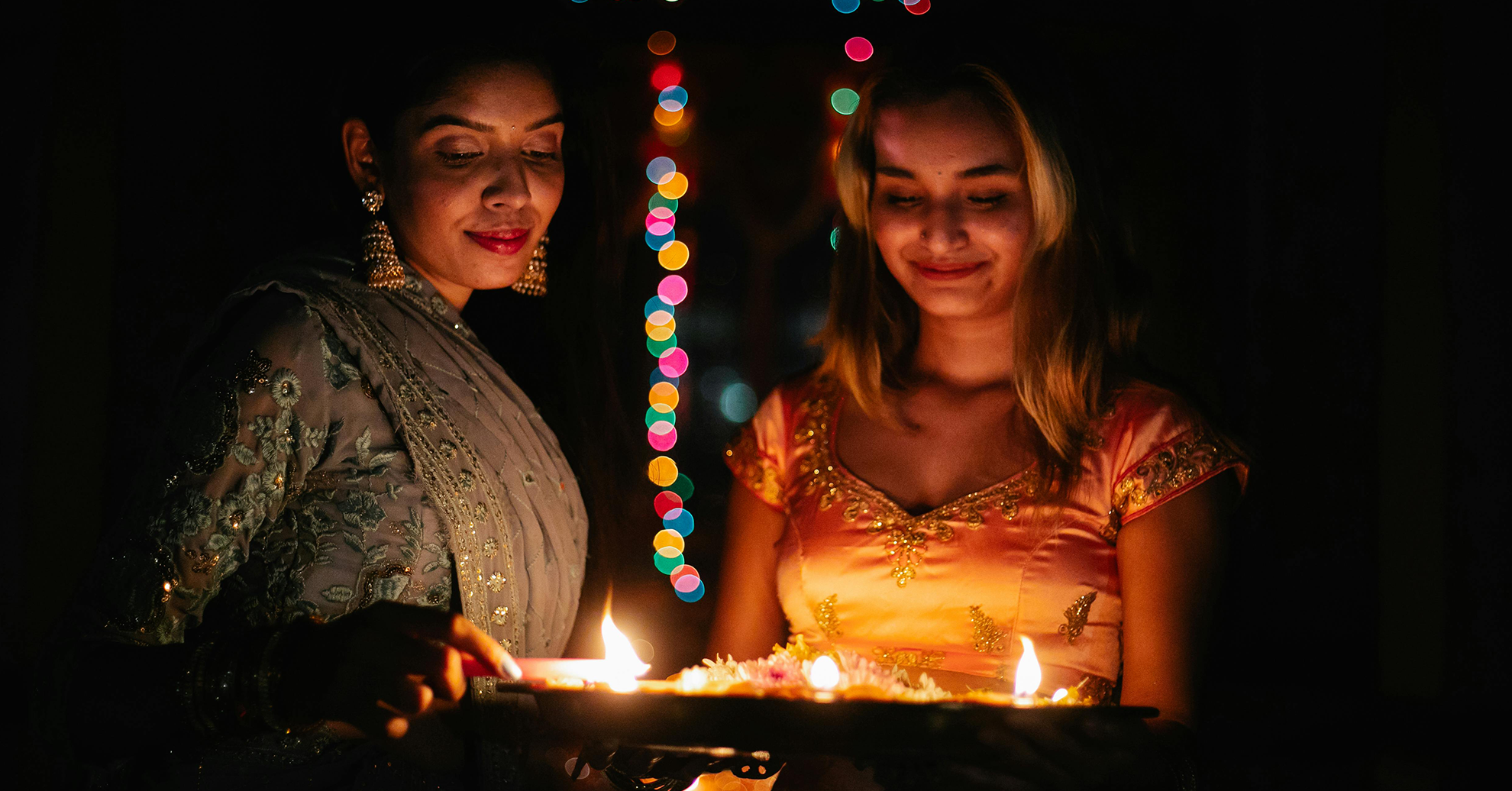The Diwali Festival, also known as the Festival of Lights, is celebrated by millions of people around the world, especially in India. It is a time of joy, unity, and spiritual reflection, but it’s also a festival rich with ancient traditions and fascinating stories. This five-day celebration signifies the triumph of light over darkness and good over evil, but did you know there’s more to Diwali than meets the eye? Let’s explore some lesser-known facts and dive deeper into the cultural significance of this enchanting festival.
The Diwali Festival: A Celebration of Light and Hope
The most recognizable symbol of Diwali is the beautiful display of lamps (called diyas) that light up homes, streets, and temples. These lamps are not just for decoration—they symbolize the victory of good over evil, knowledge over ignorance, and hope over despair. During the Diwali Festival, families clean and decorate their homes, offering prayers to Lakshmi, the goddess of wealth and prosperity, to welcome her blessings for the coming year.
But did you know that Diwali is celebrated differently across India? While many people associate Diwali with Lord Rama’s return to Ayodhya after his victory over Ravana, the festival has different legends and traditions depending on the region.
Little-Known Facts About the Diwali Festival
- Diwali Is Celebrated Over Five Days, Each with Its Own Meaning
- Day 1: Dhanteras: The festival begins with prayers for wealth and prosperity. People often buy gold, silver, or kitchen utensils on this day, as it is believed to bring good fortune.
- Day 2: Naraka Chaturdashi: This day marks the defeat of the demon Narakasura by Lord Krishna. It’s celebrated with early morning rituals and feasts.
- Day 3: Lakshmi Puja: The main day of Diwali, when homes are illuminated with lamps to invite the goddess Lakshmi. This is also when families exchange gifts and sweets.
- Day 4: Govardhan Puja: Celebrated mainly in northern India, this day honors Lord Krishna’s lifting of the Govardhan Hill to protect villagers from torrential rains.
- Day 5: Bhai Dooj: The final day of Diwali celebrates the bond between brothers and sisters. Sisters pray for their brothers’ long lives and well-being, while brothers give them gifts.
- Diwali Is Celebrated Around the World
- While Diwali is widely associated with India, the festival is celebrated by communities in countries such as Fiji, Guyana, Mauritius, Malaysia, Nepal, Singapore, Sri Lanka, and Trinidad and Tobago. Each of these countries adds its own cultural spin to the festival, making Diwali a truly global celebration.
- It’s Also a Major Festival for Sikhs and Jains
- While Diwali is largely associated with Hinduism, it is also a significant festival for Sikhs and Jains. For Sikhs, Diwali marks the release of Guru Hargobind Ji from imprisonment by the Mughal Emperor Jahangir. For Jains, it commemorates Lord Mahavira’s attainment of nirvana (spiritual liberation). These unique cultural layers make Diwali a diverse and inclusive celebration for many faiths.
- The Largest Fireworks Displays Happen on Diwali
- It’s no secret that fireworks are a huge part of the Diwali Festival, but did you know that the world’s largest fireworks displays take place in India during Diwali? The spectacular night skies filled with lights symbolize the banishment of darkness and the victory of good over evil.
- Diwali Once Served as a Fiscal New Year
- In many parts of India, Diwali was considered the New Year in traditional business communities. Business owners would close their books and open new ones, with prayers for prosperity in the coming year.
The Flavors of the Diwali Festival: A Feast for the Senses
No celebration is complete without food, and the Diwali Festival is famous for its grand feasts and mouth-watering sweets. Families prepare a variety of dishes to share with loved ones and neighbors, creating a sense of warmth and hospitality. Some of the most popular Diwali foods include:
- Sweets (Mithai): Traditional Indian sweets like laddus, barfis, and gulab jamun take center stage during Diwali. Rich in ingredients like cardamom, saffron, and nuts, these sweets symbolize joy, prosperity, and the sweetness of life.
- Savory Snacks: Snacks like samosas, kachoris, and chaklis add a spicy contrast to the sweetness of the mithai. These crunchy, flavorful bites are perfect for Diwali gatherings and feasts.
Enhance Your Diwali Festival with Somrus
As you celebrate the Diwali Festival this year, let Somrus elevate your experience with flavors that complement this festive season perfectly:
Somrus Chai Rum Cream
Chai is an essential part of Indian culture, and Somrus Chai Rum Cream captures the essence of this warm, spiced tradition. With its smooth blend of cardamom, cinnamon, and cloves, it pairs beautifully with Diwali sweets, making it the perfect after-dinner indulgence.
Somrus Coffee Rum Cream
For those who enjoy a more robust flavor, Somrus Coffee Rum Cream, with its rich Arabica coffee beans, adds a modern twist to your Diwali celebration. Sip it alongside savory snacks or enjoy it as a unique coffee cocktail after the festivities.
Somrus Mango Rum Cream
Mango, the king of fruits, brings a tropical sweetness to the Diwali table. Somrus Mango Rum Cream offers a refreshing and light alternative, pairing wonderfully with spicy snacks or acting as a palate cleanser between courses.
This Diwali, let the flavors of Somrus enhance your celebrations—whether it’s with family, friends, or a quiet moment of reflection.
SOMRUS is the official drink of Diwali.
